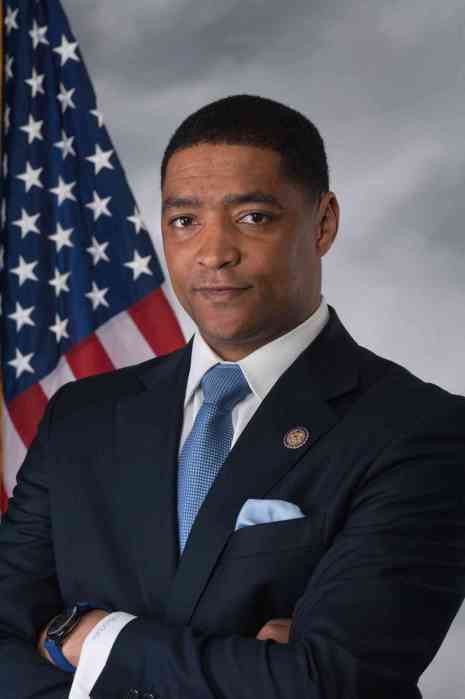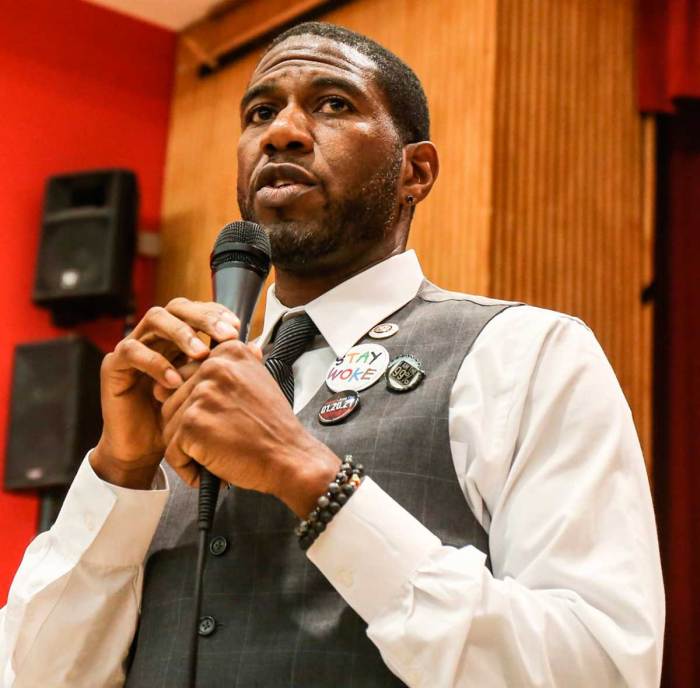New York State’s Cannabis Control Board (CCB) and the Office of Cannabis Management (OCM) announced bold actions to swiftly grow the state’s legal cannabis market.
In addition to a significant expansion of the number of Conditional Adult Retail Dispensary (CAURD) licenses to increase the rate at which retail locations will open across the State, the launch of the “Cannabis Growers’ Showcase” (CGS) was outlined.
CCB said this initiative is a partnership that will enable cannabis growers and existing, licensed retailers to sell cannabis to consumers.
New York State is the first in the nation to allow the sale of cannabis at state and locally sanctioned locations.
Also, in support of the expansion of the legal cannabis market, OCM announced the results of aggressive enforcement action it has taken in the last six weeks following the implementation of new powers granted to the agency by the FY2024 State Budget.
To fast-track CAURD applicants who in many cases are well prepared to open dispensaries faster, OCM presented, and the CCB approved 212 additional provisional CAURD licenses to bring the total number of such licenses to 463.
“The provisional approval of today’s 212 CAURD licenses by the Cannabis Control Board marks a momentous leap forward in our pursuit of an inclusive and fair cannabis industry. These licensees are demonstrative of the innovation and diversity of New York State,” said Tremaine Wright, chair of the Cannabis Control Board.
“We want to thank Gov. Hochul for her steadfast support as New York forges ahead in expanding its cannabis market and fulfilling our social equity objectives,” she added.
The CAURD license is a central pillar of the Seeding Opportunity Initiative, introduced by Gov. Hochul in March 2022.
Through the initiative, New York’s first legal adult-use cannabis retail dispensaries will be operated by individuals most impacted by the unjust enforcement of the prohibition of cannabis or nonprofit organizations whose services include support for the formerly incarcerated.
The Cannabis Control Board said it will continue reviewing CAURD license applications for consideration on a rolling basis as more applications are being reviewed.
To be eligible, applicants were required to either have had a cannabis conviction, or be the family member of someone with a cannabis conviction, in addition to having owned a profitable business, and meeting other criteria.
Nonprofits with a history of serving formerly incarcerated or currently incarcerated individuals were eligible to apply for a CAURD license.
The Cannabis Growers’ Showcase (CGS) initiative will allow for the first legal in-person sales of cannabis in New York beyond the walls of a licensed dispensary.
This initiative allows growers to partner with conditional adult-use retailers and processors across New York to organize events for showcasing New York brands and selling adult-use cannabis products to consumers.
CCB said the implementation of the CGS is a crucial next step in expanding the State’s cannabis market, and will accrue important benefits to growers, retailers and consumers.
“Not only does it allow farmers to process and sell their crops much faster, it enables consumers to have legal access to cannabis in parts of the state that currently do not have dispensaries,” it said.
In addition, the markup a retailer may charge will be capped, thus ensuring prices remain competitive for consumers.
CCB said each CGS event will feature a minimum of three Adult-Use Conditional Cultivators, partnering with a licensed adult-use dispensary to sell licensed and tested cannabis products to customers.
These events are only allowed in municipalities that allow for retail cannabis sales, and must have a predominantly adult population. Only New Yorkers age 21 and over may purchase cannabis and cannabis products.
For every three cultivators with an adult-use retailer selling products at these events, CCB said one processor will also be able to sell their value-added products like edibles, drinkables and vape cartridges.
To ensure compliance and adherence to regulations, CGS participants are required to obtain municipal approval unless the event is held at a licensed retail dispensary where cannabis sales typically occur.
“The CGS initiative marks an important milestone in New York’s cannabis industry, fostering collaboration and allowing licensed cultivators to engage directly with consumers,” CCB said. “The Office is committed to ensuring that all CGS events are held in accordance with the approved guidelines, promoting transparency, safety, and an enhanced consumer experience.”
“As a former New York hemp farmer, I know firsthand how devastating it can be when a hard-fought harvest struggles to get to market. The Cannabis Growers Showcase was informed by those lived experiences, as well as by many difficult conversations with our growers and processors who justifiably wanted more avenues to share their products with New Yorkers,” said Damian Fagon, chief equity officer of the New York State Office of Cannabis Management.
“This initiative will not only increase sales and retail access throughout the state, but it will also connect New York consumers directly with local cannabis farmers and homegrown brands,” he added. “But this isn’t just about helping farmers; it will also make tested cannabis more accessible to consumers across the state, bringing licensed cannabis sales to communities where a local dispensary has yet to open.”
The Cannabis Control Board on Wednesday approved emergency regulations to allow these regulations to continue for another 120 days, ensuring a seamless transition and reinforcing the commitment to maintain a robust regulatory framework.
In November 2022, the CCB approved emergency regulations to address violations, penalties, and enforcement procedures within the state.
These regulations establish clear guidelines for conditional licensees who infringe upon the law. The CCB voted to maintain their emergency effectiveness until August 4, 2023.
By leveraging the administrative law judge framework and incorporating best practices from other regulatory agencies in New York State, the CCB said it ensures a comprehensive and effective process.
The CCB said these emergency regulations are in line with the legislative measures Gov. Hochul championed and signed as part of the FY2024 Budget.
Since those measures were put into law, OCM and the New York State Department of Taxation and Finance (DTF) have been routinely and jointly inspecting storefront businesses across the state. The Office of the Attorney General is also working with OCM and DTF regarding these initiatives.
























